Sustainable and healthy food with the protein transition: "We need to start thinking differently about food."
- News
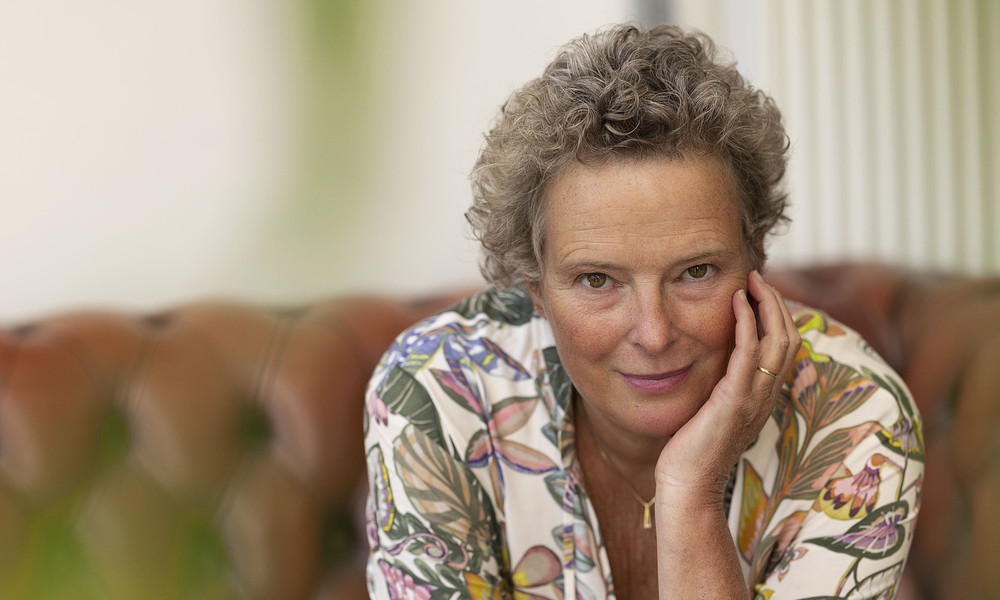
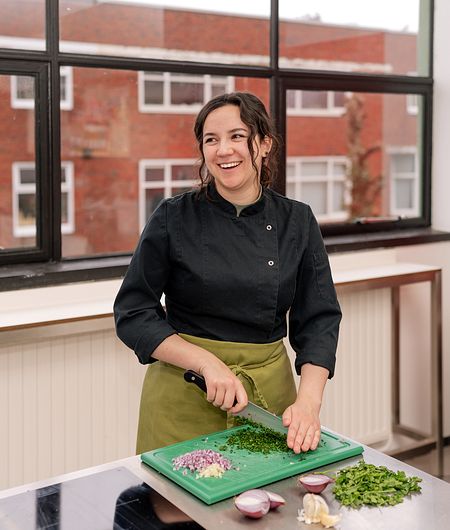
It's the start of a new year. A time when many people want to become healthier, more active, or live a more sustainable life. For example by eating more plant-based foods. But what should you keep in mind when you switch to a plant-based diet? Professor Lizette Oudhuis from professorship Healthy Food and Nutrition tells use about the protein transition in this interview, and about the changes we can all make to eat in a healthy and sustainable way: "The way we eat simply has to change, for our health, the environment, and the growing world population."
Lizette has disappointing news as soon as the interview starts. The magic answer to the question "how can eat healthily" isn't a pill or some superfood. It's a common piece of advice: “The most important advice I can give remains the same: eat a varied diet. Especially more vegetables, fruit, more plant-based foods, and less meat. Changing your habits is one of the hardest things to do, so how do you even start? Imagine you eat meat every day, but deep inside you know that this isn't very sustainable. What is the best first step towards change? Lizette: I would advise people to evaluate their current habits first: how healthy is my diet now? Then the easiest route is simply to decrease your meat intake. Instead of eating a 150 gram meatball, have 100 grams. But you have to compensate for the nutrition you're missing out on, for example by eating more legumes."
Another option is to not eat meat at all for a few days a week, for example by using a meat substitute or trying a new plant-based recipe. You can find good meat substitutes nowadays, but Lizette prefers the second option. This is because she also wants to motivate people to change the way they cook and eat, by experimenting with pulses, nuts, mushrooms and other ingredients, for example. This will automatically give you more variety in your diet as well. "You have very tasty recipes in a lot of countries that are naturally plant-based. In the Netherlands, we are used to eating potatoes and a piece of meat, but by trying new things you already get very far. For example, you can make very tasty 'meatballs' from chickpeas."
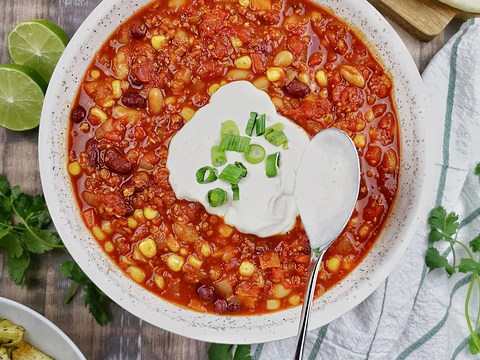
In her research, Lizette tries to develop new products: healthy and sustainable food products that use new ingredients with the right nutritional values. Plant proteins play an important role in this. But different kinds of proteins are built differently. "If you look at meat or milk proteins, for example, these have the ideal composition of essential amino acids. Not all plant proteins have that. It's not like you can leave out a dairy product and replace it one-to-one with one plant-based product, and still expect to get the same nutrients. You often have to use a mix, because almost every plant-based protein lacks at least one essential amino acid. This is another reason why varied eating is important, even within plant proteins."
There is a lot of focus on protein, but there is also a bigger problem with the average Dutch diet: not enough fibre. Plant-based food products can offer a solution here. For example, Lizette has been working on a plant-based drink enriched with protein and fibre.
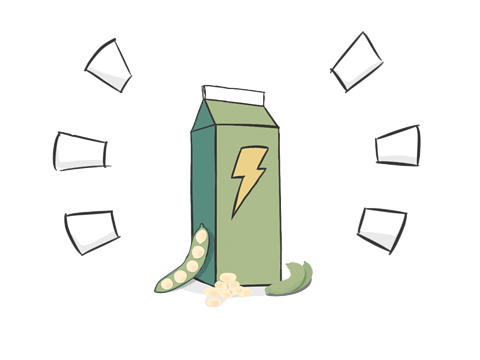
Lizette is also looking at alternative sources of plant proteins, such as local crops that we currently make little use of. One example is duckweed, also known as water lentils. The "Eendje meer" project looks at how the entire water lentil, not just the plant protein, can be used for food products. This will also examine how the crop can be sustainably processed. Lizette will eventually look at how water lentils can be used in products, together with small startups.
This kind of research is not entirely new. There has been research into sources of plant protein such as water lentils for many years, but a few years ago there was just no enthusiasm for this. "Twenty years ago, we were not doing this at all. This whole plant-based transition was not seen as an issue then. We are now much more concerned with sustainability, but also with availability. We know we don't have the land or resources to feed the world's population if everyone ate meat every day. The urgency is there now." This applies not only to animal and plant proteins; "It's not just about a protein transition, but a food transition. We simply have to eat differently, for our health, the climate, and the growing world population. But that transition is not as easy as it sounds: "When you talk about the food transition, you are not talking about chains, but whole systems. If you want to change something somewhere in the system, something has to be changed elsewhere. It's all interlinked. You have to all work together to change something. Otherwise, the chain falls apart, and people don't want that."
To accelerate these changes, education is also focusing on the food transition. This year, for instance, the Master's in Sustainable and Healthy Food was launched, where students learn in a multidisciplinary way about the transition to a system where sustainable and healthy food is indeed possible. Lizette thinks that these students will play a crucial role in the industry: "I hope that this Master teaches students enough to initiate transitions within companies. That we have the arguments to engage in discussions, and that they have learned a different way of thinking about food and nutrition. That's what companies are really looking for." Students are being prepared to become a connector between the various players in the food industry, from consumers to producers. And these connectors are badly needed, because the transition is coming fast. And there is no way around it. Lizette: "It's just coming. We need to change. The time is now."
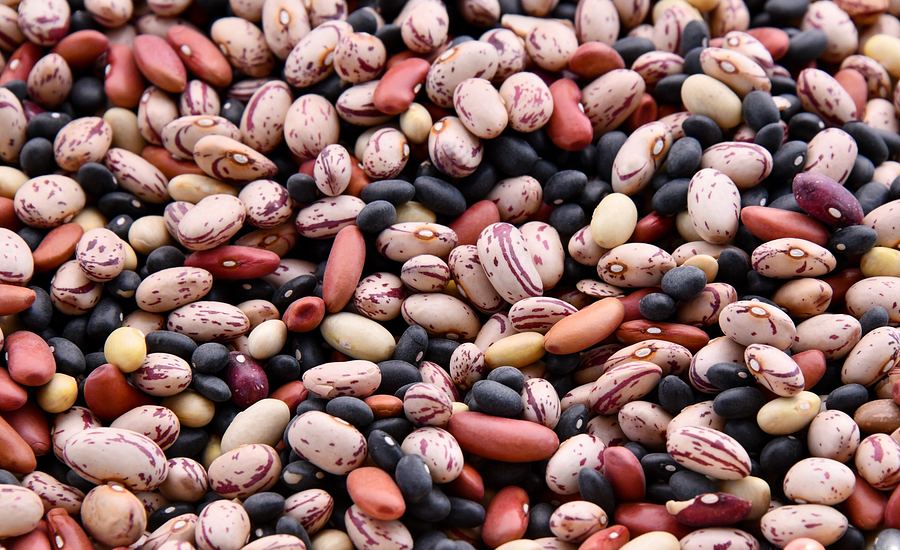
Healthy Food and Nutrition falls under the professorship Biobased Ingredients.
Learn more about the professorshipHow satisfied are you with the information on this page?